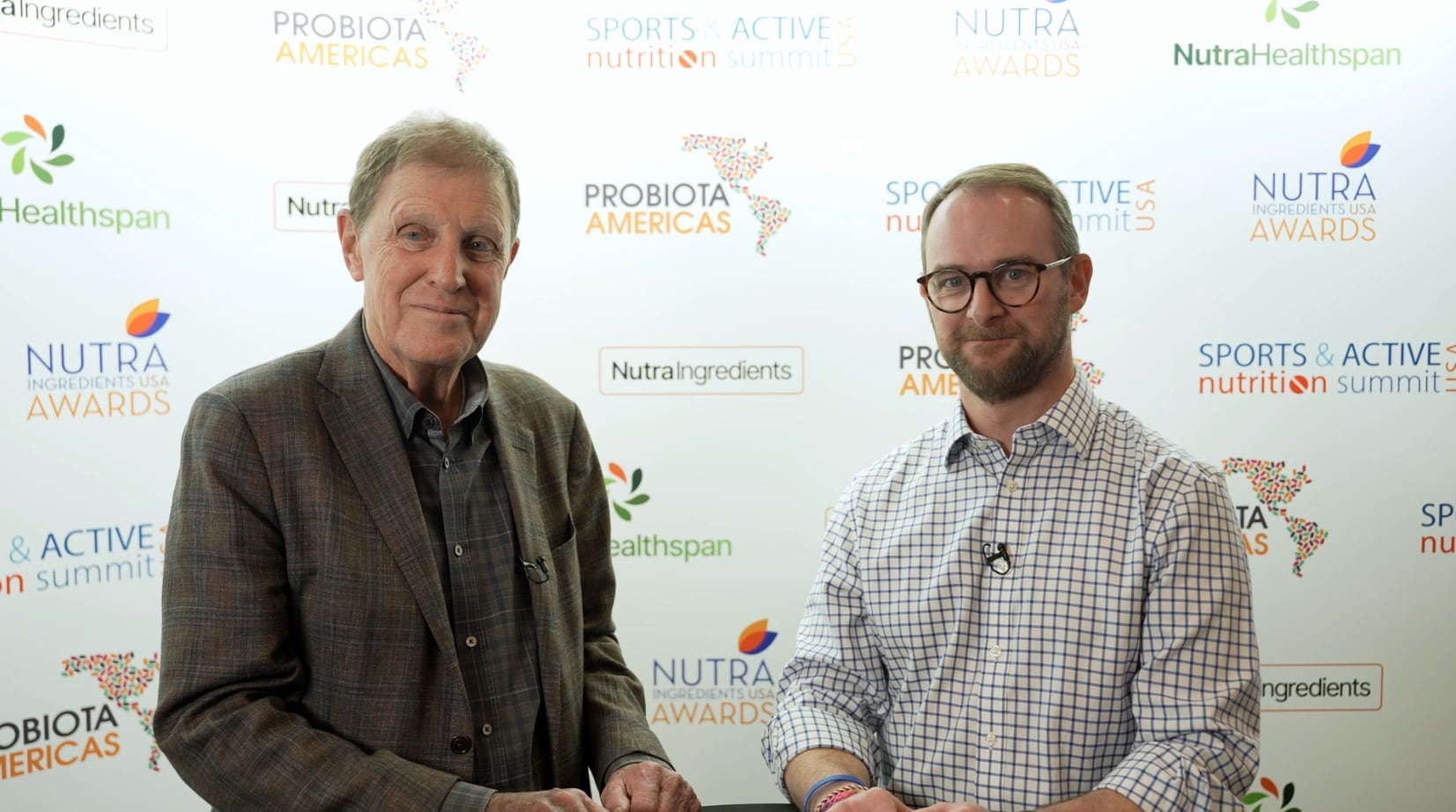Regulatory scrutiny from the Federal Trade Commission (FTC), National Advertising Division (NAD) and the Food and Drug Administration (FDA) has gained momentum in 2025 across CPG categories, including dietary and nutritional supplements. For example, as previously reported by NutraIngredients, companies like Olly and Ryze Superfoods were under the microscope earlier this year to ensure their marketing, influencer and labeling practices adhered to evolving enforcement priorities.
At SupplySide Global in October, Asa Waldstein, principal at Apex Compliance and chair of the Supplement Advisory Group, discussed recent cases and shared insights on the latest trends shaping FDA warning letters, FTC oversight and NAD actions.
Navigating multiple layers of claims enforcement
Waldstein noted that while the FDA has maintained a consistent focus on structure/function claims and disease references, the broader compliance landscape is now influenced by multiple enforcement layers, including retailers and self-regulatory bodies.
“It’s also important to keep in mind the other regulatory bodies or retailers like Amazon or Whole Foods have their own nuances of what is and isn’t allowed,” he said.
“On Amazon, if you talk about supporting healthy blood sugar[...]that is a structure function claim[...], but Amazon bots are not that nuanced, so they may see supporting healthy blood sugar within a normal range and say, that’s a disease word, we’re going to delist you.”
This evolving ecosystem means that supplement manufacturers and suppliers must not only understand FDA and FTC expectations but also anticipate how algorithms, platform policies and voluntary review programs may interpret claims language.
“Humans are very important as part of the regulatory feedback loop,” Waldstein said, underscoring the value of having experienced compliance professionals review materials before publication.
Unforeseen pitfalls of influencer endorsements
Walstein also pointed to a rise in NAD cases related to influencer marketing and undisclosed brand relationships.
“Most of the enforcement with NAD and influencers has to do with disclosing material connections and how do they disclose material connection,” he said. “Are they disclosing in the same format that they are making the material connection?”
He added that even seemingly minor promotional practices are being closely examined.
“There’s been a lot of NAD enforcement regarding influencers not disclosing free product,” he noted. “NAD has really been drilling down on that lately, and that’s something that a lot of brands don’t really think too much about.”
When it comes to competitor comparisons, Waldstein cautioned brands to tread carefully: “It’s important to not poke the bear. If a company is comparing its product to a competitor’s product, you’re asking for an NAD challenge.”
Watch the full interview for more information about safe advertising practices and more.




